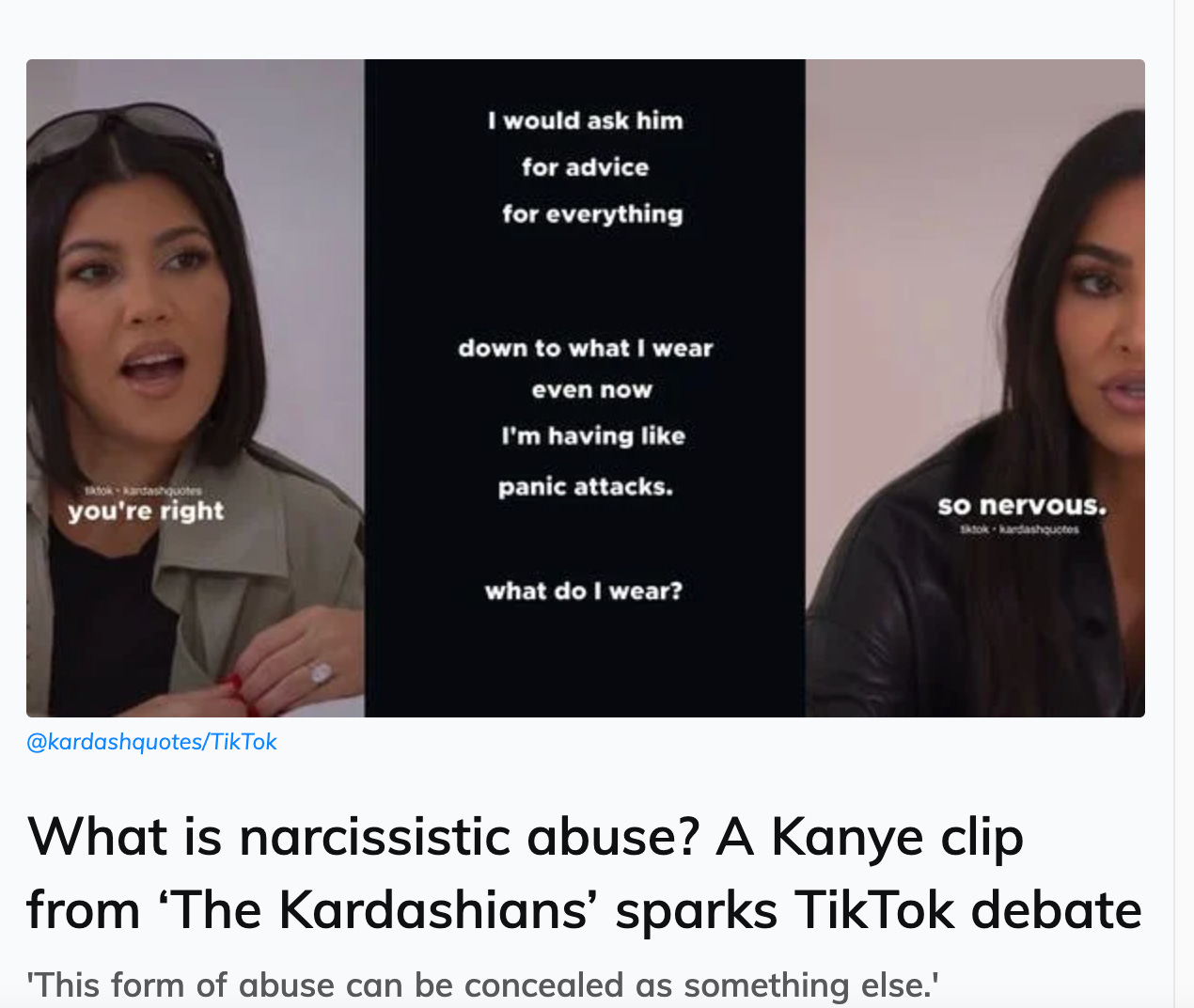What You Wish You Knew About Narcissistic Supply
With Specific Advice for the Social Audio Consumer
By Jordan Schaul | Scapegoat Strength | Schaul PR Group | Volition Films | ATD
#CloutChasing #Clubhousing #Narcissists #Sociopaths #Mobsters #Detectives #SocialAudio #Wisdom #FiresideChat #TwitterSpaces #FacebookLiveAudioRooms #SpotifyGreenRoom #LinkedInSocialAudio
I admit that I’ve eagerly chased clout in small rooms with the likes of Dane Cook, Greg Louganis, and Governor Jesse Ventura and in the bowels of larger rooms featuring the likes of Elon Musk, Oprah Winfrey, and Snoop Dog. I’ve introduced friends like Ori Spado (AKA the Accidental Gangster) and retired LAPD Detective Jack Struble (AKA Detective Jack) to the platform. I have rarely if ever seen them on the app. but I was delighted that actresses Kelly Le Brock and Sofia Shinas took me up on my invitations to join.
What am I talking about? Have you not experienced Clubhouse?! I’m an avid user, if not a bonified addict when it comes to social audio apps. And yes, I’m a diehard fan of Clubhouse. I moderate, I host, I speak as a guest, I share, and I occasionally talk out of turn. Rarely do I get triggered but I have. Sometimes I talk to myself inadvertently muted and sometimes I fall asleep on stage. I’ve dabbled in the discourse on Wisdom and a few times on Twitter Spaces. Last week, I launched the show “Institutionalized” on Fireside Chat with Dr. Nathalie Marinek. A month ago I became a brand ambassador for the Owwl app. Here is my referral code! I continue to host rooms in my club Scapegoat Strength with psychotherapist Laura Taylor and domestic violence abuse specialist Will Kesselman.
These platforms cater to intellectuals, pseudo-intellectuals, anti-intellectuals, and simply voyeurs of human behavior looking for engaging conversations or reality TV-like drama. Clubhouse definitely draws its share of thought leaders, self-proclaimed thought leaders, thoughtless leaders, religious leaders, and an array of people who simply want to be seen and heard for good reason or to hear themselves. Yes, these apps have a contingent of traumatized users looking for attention. Many are only harmful to themselves, but some aren’t.
Narcissistic folks are everywhere and some of them are sociopathic. Clubhouse has its share but it also caters to a demographic of followers who rarely participate on stage. Listening from the audience as spectators, presumably with virtual or real popcorn, I suspect they are amazed that they still don’t have to pay for a front-row seat. I am!
These platforms facilitate interesting conversations and foster virtual communities among the existing user base, but they also draw in nefarious individuals as do all other social spaces, virtual or in-person. Dark tetrad personalities existed long before social audio and they will be around should other social technology replace it. These apps just happen to be easy vehicles to weaponize at the moment because of their accessibility and functionality, which offers more authentic engagement.
Perhaps, one reason that social audio platforms seem more appealing to perpetrators is that, unlike platforms that solely permit one to post content or send a message, social audio leaves less of a traceable digital footprint. It is also easier to intimidate and manipulate using communication that is so uniquely and innately part of the experience of the human species. In essence, we evolved to torture each other through the spoken-word way not by texting. I didn’t look for empirical evidence to support the assertion that the sound of a voice triggers a visceral response more so than a texted message, but I’m fairly confident it does.
Indeed, these platforms, which have incidentally become a safe space for victims of abuse to commiserate and console, have also inadvertently become havens for stalkers and gaslighters. To me, the presence of social deviants and abusers should be of no surprise, but it doesn’t have to be of consequence.
Perpetrators of abuse, be they sociopathic or simply narcissistic, or even comorbid love constant attention whether it is positive or negative. These individuals are truly addicted to this narcissistic supply. The best way to deal with these toxic conspecifics is to block them and stop going into spaces where their collaborators, cohorts, and flying monkeys hang out.
Furthermore, stop talking about them! When victims host public spaces on these platforms to draw attention and ‘reprimand’ or call out their abusers in ‘pop-up’ or ‘follow-up’ rooms, they provide bullies with the supply they are looking for. Holding rooms to criticize and condemn one’s abuser is not only deconstructive but it amounts to weaponizing the platform in ways that lead to victimization in the first place.
Ironically, there are as many opportunities to engage in constructive discourse and dialogue about narcissistic abuse as there are rooms hosted by perpetrators of narcissistic abuse. The difference is that talking about specific individuals or incidents on the platform is playing right into the hands of the perpetrator.
Undoubtedly, social audio spaces have emerged as venues for real connection in contrast to conventional social media. As a species, we are conditioned to use verbal language for good and evil. Let’s use it for good and let’s enjoy Clubhouse and the like because I think these are brilliant and fun communication tools.
Related and Recent interviews with Jordan:
What is narcissistic abuse? A Kanye clip from ‘The Kardashians’ sparks TikTok debate








